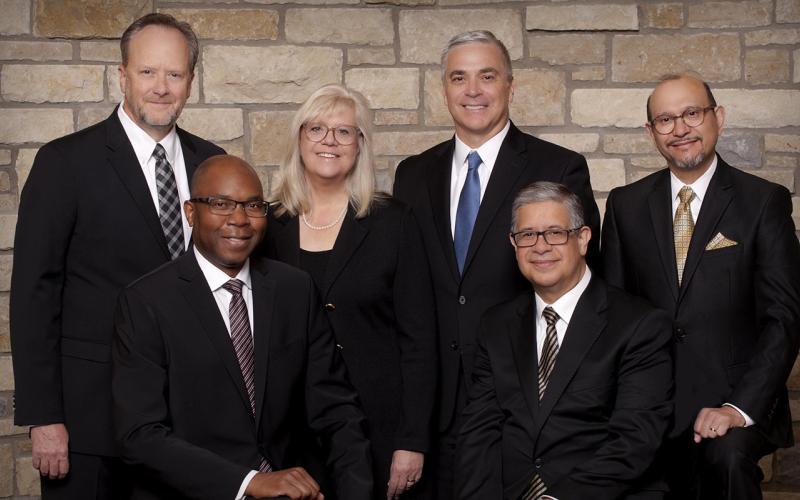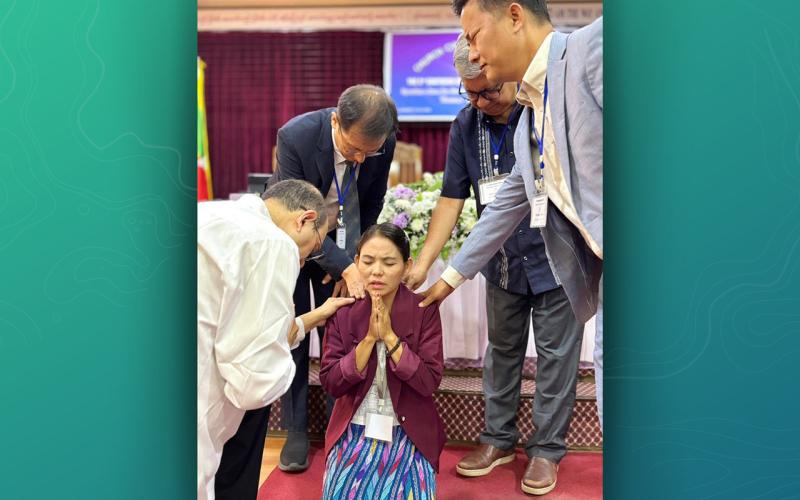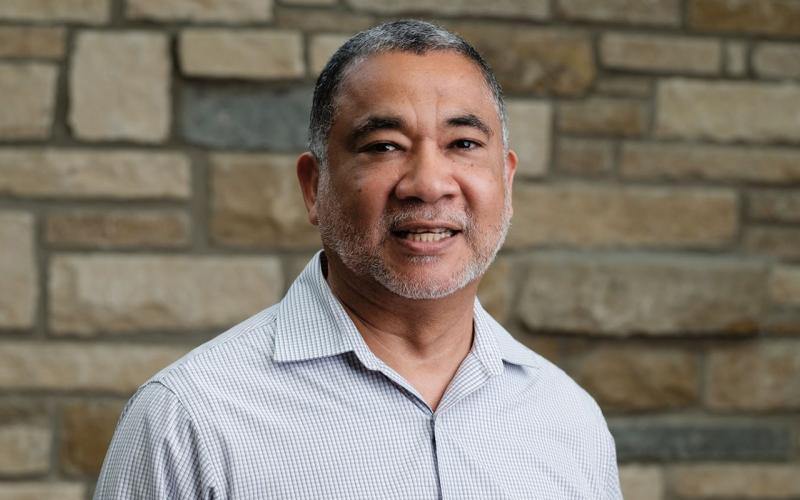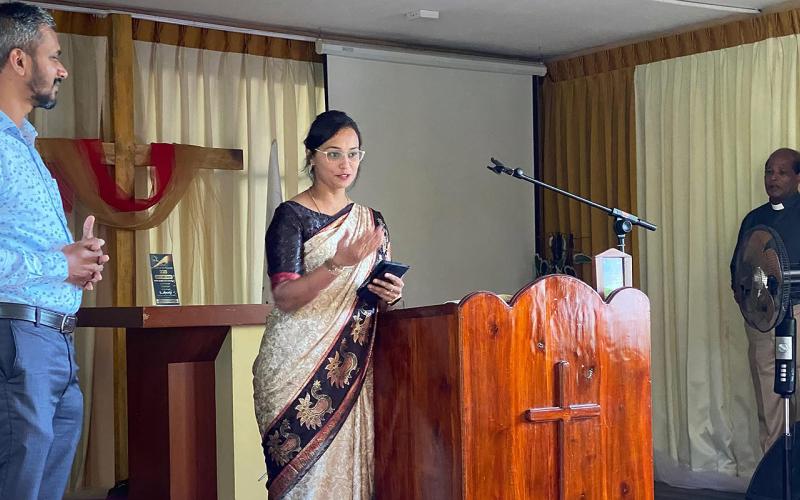
GNEC Conference explores borderless, life-span education

The Global Nazarene Education Consortium met for its quadrennial conference 23-24 June 2021 to discuss borderless education and life-span education. Sixty-two participants from the denomination’s 51 higher education institutions attended the two-day online conference.
The GNEC Conference is traditionally part of the pre-General Assembly gatherings. This year, with the delay of General Assembly and the challenges caused by the COVID-19 pandemic, it was decided the GNEC Conference would be held online.
Klaus Arnold, director of Global Education and Clergy Development, opened the 2021 GNEC Conference.
“The Gospel of Matthew tells us that when Jesus was taken up to heaven by His father, He said to His disciples, ‘All authority in heaven and on earth has been given to me. Therefore, go and make disciples of all nations, baptizing them in the name of the Father and of the Son and of the Holy Spirit, and teaching them to obey everything I have commanded you. And surely, I am with you always, to the very end of the age’ (Matthew 28:18-20). This is what I would call a borderless commission by Jesus,” Arnold said. “It is the same commission that we follow today. That is what is driving the church and our educational institutions – to fulfill the mission of God.”
General Superintendent Fili Chambo encouraged the participants by reminding them of the Board of General Superintendents’ commitment to Nazarene higher education.
“Higher education is not just part of the church; higher education is the church as she engages in education, growth, and discipling,” he said. The two sessions included presentations by experts in the area of borderless education and lifespan education.
In session one, Mária Gusztinné-Tulipán discussed borderless education using the model of European Nazarene College as a case study. She cast a vision for confronting the challenges of crossing geographic, language, and cultural lines by reminding the institutional leaders that the rewards of creating borderless education far exceed the challenges.
In session two, Jorge Julca explained the South America regional strategy for life-span education, which is a discipleship system that accompanies each individual through his or her lifetime. In this model, local churches take the lead in reaching the unreached and evangelizing them, baptizing and providing basic discipleship, then tending to the growth of the individual through partnerships with Sunday School and Discipleship Ministries International and Nazarene Youth International. The six institutions of higher education on the SAM Region carry the primary responsibility of training emerging leaders through lay ministry and theological education, especially for those preparing for full-time ministry. This model calls for the whole church to be theologically educated by leveraging strategic partnership across the region.
Significant time was given each day to regional conversations, which allowed the school leaders to discuss the challenges and possibilities as they begin to imagine next steps for each region and institution, respectively.




